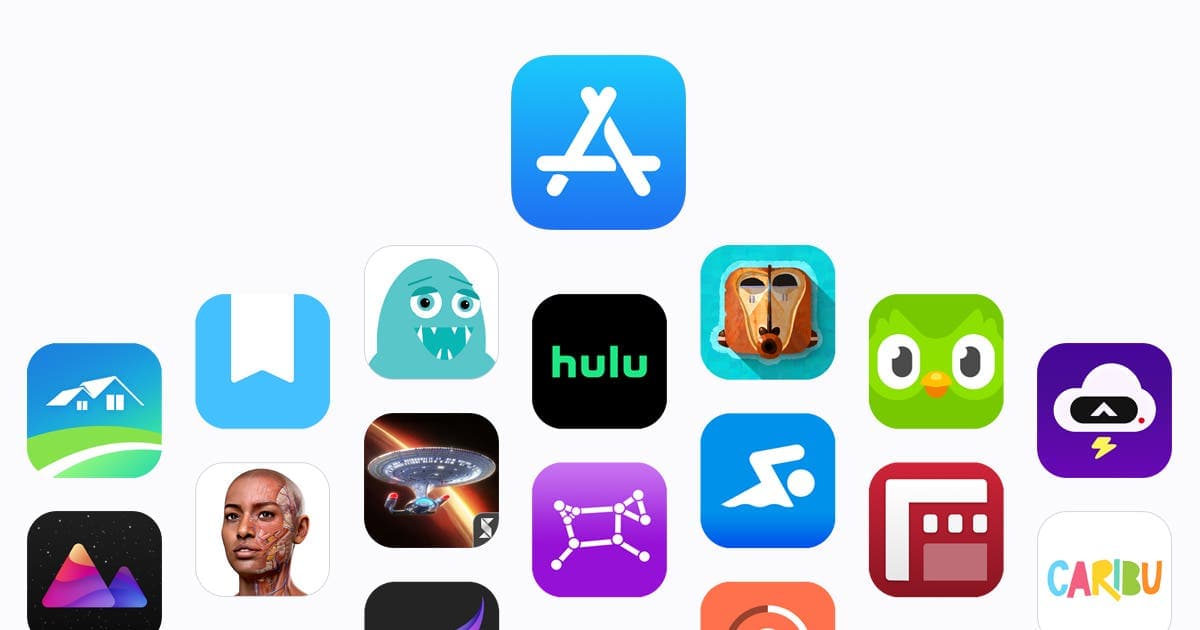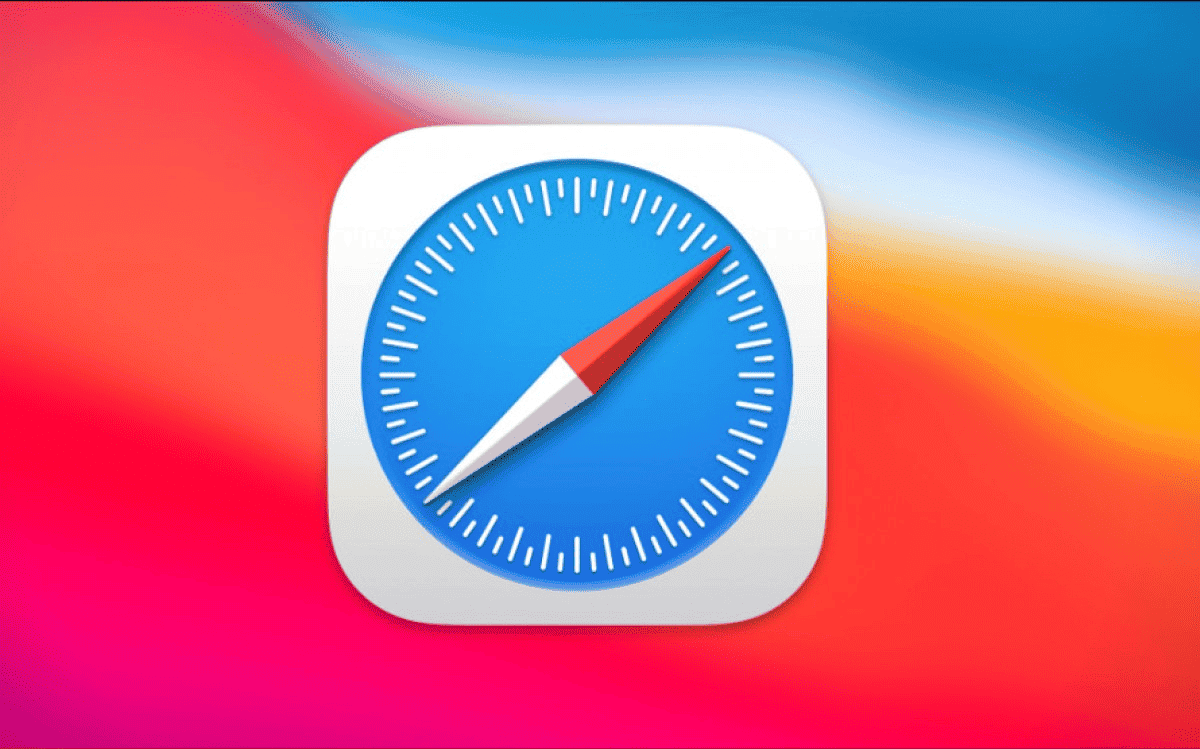Apple has been actively working to comply with the European Union’s Digital Markets Act (DMA), which aims to make digital markets in the EU more contestable and fairer. To comply with the EU’s DMA, Apple has made several changes to its entire system in the EU. In this article, we will take a look at the top 5 changes that the company has made so far. However, before we proceed, let us briefly discuss what the EU Digital Markets Act (DMA) is all about

EU Digital Markets Act (DMA)
The EU Digital Markets Act (DMA) aims to regulate large online platforms known as “gatekeepers” to ensure fair and open digital markets. These gatekeepers are platforms with a strong economic position, significant impact on the internal market, and activity in multiple EU countries. The DMA establishes specific criteria for identifying these gatekeepers and imposes obligations on them to promote fair competition.
Key aspects of the DMA include:
- Providing fair business opportunities for users who depend on gatekeepers.
- Creating new opportunities for innovators and startups in the online platform environment.
- Offering consumers more choices, better services, fair prices, and the ability to switch providers.
- Imposing obligations on gatekeepers such as allowing third-party interoperability, providing access to user data, and preventing unfair practices like favouring their services in rankings.
- Enforcing compliance through fines of up to 10% of annual turnover and additional remedies for systematic infringements.
The DMA is a significant step towards ensuring competition, innovation, and fairness in the digital sector within the EU.
1. Sideloading Apps
Apple is introducing sideloading and alternate app stores to the iPhone, specifically for users in the European Union (EU) starting with iOS 17.4 in March 2024. This move is in response to the Digital Markets Act (DMA) set by the European Commission, which aims to foster competition and empower users by allowing the installation of apps from sources outside the official App Store. While sideloading will be allowed, Apple will still maintain control by requiring approval for third-party marketplaces and app notarization. Developers can choose between using Apple’s payment services or integrating a third-party system, with varying commission rates based on their choice.

Apple’s plan for sideloading apps in iOS 17.2 is limited to Mobile Device Management (MDM), allowing managers of company mobile devices to push apps to phones rather than enabling users to directly sideload apps. This approach aims to maintain security and control over app distribution while complying with regulatory requirements. The impact of sideloading on Apple’s revenue and user experience remains uncertain, with potential challenges in getting users to switch from Apple’s ecosystem to alternative app stores and payment methods.
2. Allowing alternative payment methods
In the European Union, Apple is introducing new options for digital goods and services transactions on the App Store. Developers can now use alternative payment service providers for in-app purchases and link out to external web pages to complete transactions. These changes are available to users in the 27 EU member states starting in March 2024. To utilize these new payment options, developers need to agree to the Alternative Terms Addendum for Apps Distributed in the EU and use specific entitlements like StoreKit External Purchase Entitlement or StoreKit External Purchase Link Entitlement.
3. Changes to the Safari browser
Apple has made significant changes to its Safari browser in response to the Digital Markets Act (DMA) in the European Union (EU). These changes include providing a choice screen for users in the EU when they open Safari for the first time after updating to iOS 17.4. This choice screen will allow users to select their preferred browser from a list of options available in their market.
Gizchina News of the week
Apple has also recently announced plans to enable European Union (EU) iPhone users to uninstall the Safari browser. This is yet another move by the company in compliance with the Digital Markets Act (DMA). This move is part of Apple’s efforts to enhance user choice and comply with EU regulations. According to a compliance document released by Apple, iPhone users in Europe can uninstall the Safari browser before the end of 2024. Apple will introduce the option for EU-based iPhone users to give them more control over their device’s software.

4. New options for app distribution
Apple has introduced new options for app distribution in response to the Digital Markets Act (DMA) in the European Union. These changes include:
- New options for distributing iOS apps from alternative app marketplaces, with new APIs and tools available for developers.
- New frameworks and APIs for creating alternative app marketplaces, enabling developers to install apps from these marketplaces.
- New frameworks and APIs for alternative browser engines, allowing developers to use browser engines other than WebKit for browser apps and in-app browsing experiences.
- An interoperability request form for developers to submit additional requests for interoperability with iPhone and iOS.
These changes aim to comply with the DMA while providing users with more control over their app choices. Apple is implementing safeguards like notarization for iOS apps, app installation sheets, authorization for marketplace developers, and additional malware protections to reduce risks associated with these new distribution options.
5. Enhanced user controls and protections
Apple has enhanced user controls and protections in response to the Digital Markets Act (DMA) in the European Union. These changes by Apple aim to reduce privacy and security risks for iOS users in the EU. Some of the key adjustments include new options for app distribution, payment processing, and expanded protections to mitigate risks associated with the DMA.
- Changes to iOS, Safari, and the App Store: Apple is introducing more than 600 new APIs, expanded app analytics, functionality for alternative browser engines, and options for processing app payments and distributing iOS apps. These changes come with new safeguards to address risks posed by the DMA while striving to deliver a secure user experience.
- Safeguards for User Security and Privacy: Apple is implementing safeguards to protect user security, privacy, and safety while allowing sideloading and alternative payment methods on the App Store in the EU. These measures aim to identify and prevent malicious apps, ensuring a secure environment for users.
- Concerns Addressed: Apple acknowledges concerns from governments and users regarding the risks associated with alternative app stores and payment processors on iOS. The company is working to innovate and protect users within the legal framework while striving to maintain a secure platform.

These changes reflect Apple’s commitment to complying with the DMA’s requirements while prioritizing user security, privacy, and overall experience within the EU.
Conclusion
In conclusion, Apple’s proactive response to the European Union’s Digital Markets Act (DMA) underscores its commitment to fostering fair competition and empowering users within the digital ecosystem. The top 5 changes implemented by Apple, including sideloading apps, allowing alternative payment methods, Safari browser modifications, new options for app distribution, and enhanced user controls, reflect a strategic approach to compliance while prioritizing user security, privacy, and experience.
By introducing measures such as sideloading, alternative payment options, and browser choice screens, Apple is expanding user choice and promoting a more competitive digital environment. These changes aim to address regulatory concerns while maintaining the integrity of Apple’s ecosystem and safeguarding user interests.
Apple’s efforts to comply with the DMA demonstrate a willingness to adapt to evolving regulatory landscapes and prioritize user empowerment and protection. As these changes take effect, they are poised to shape the digital landscape in the EU, fostering innovation, competition, and consumer welfare in the digital marketplace.





